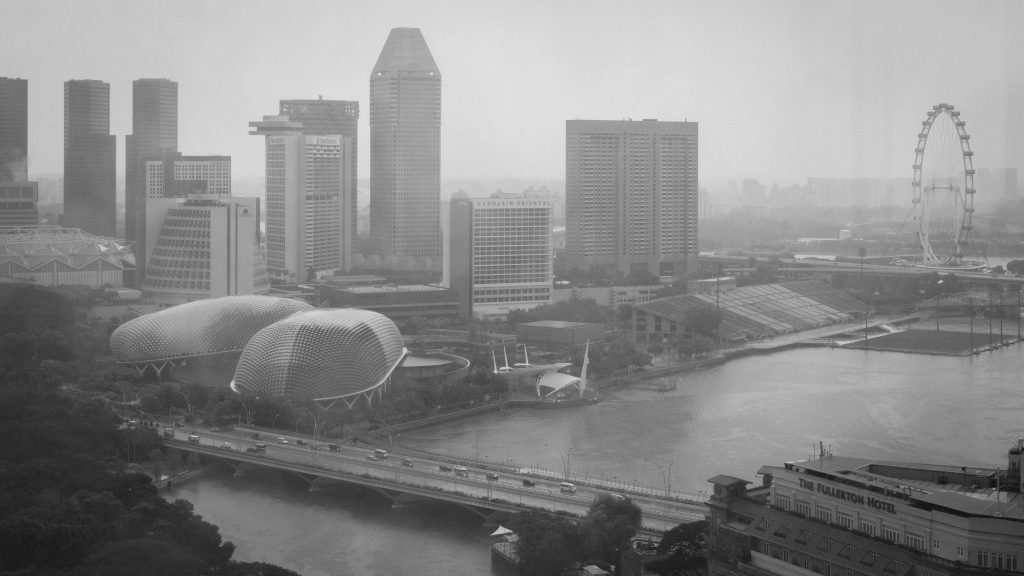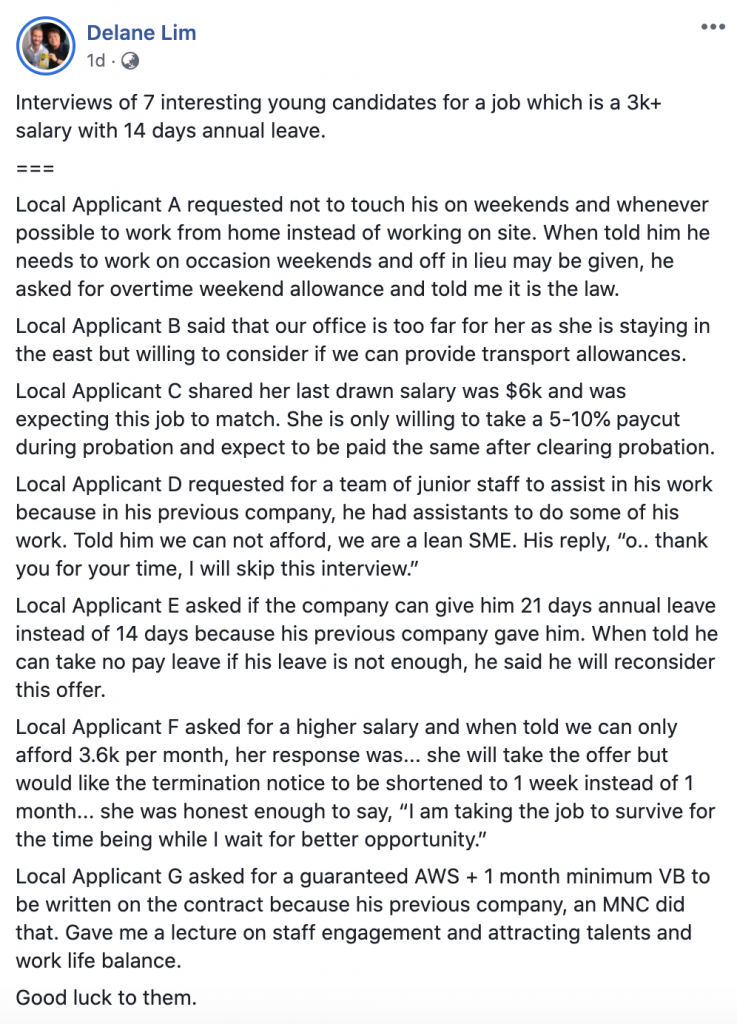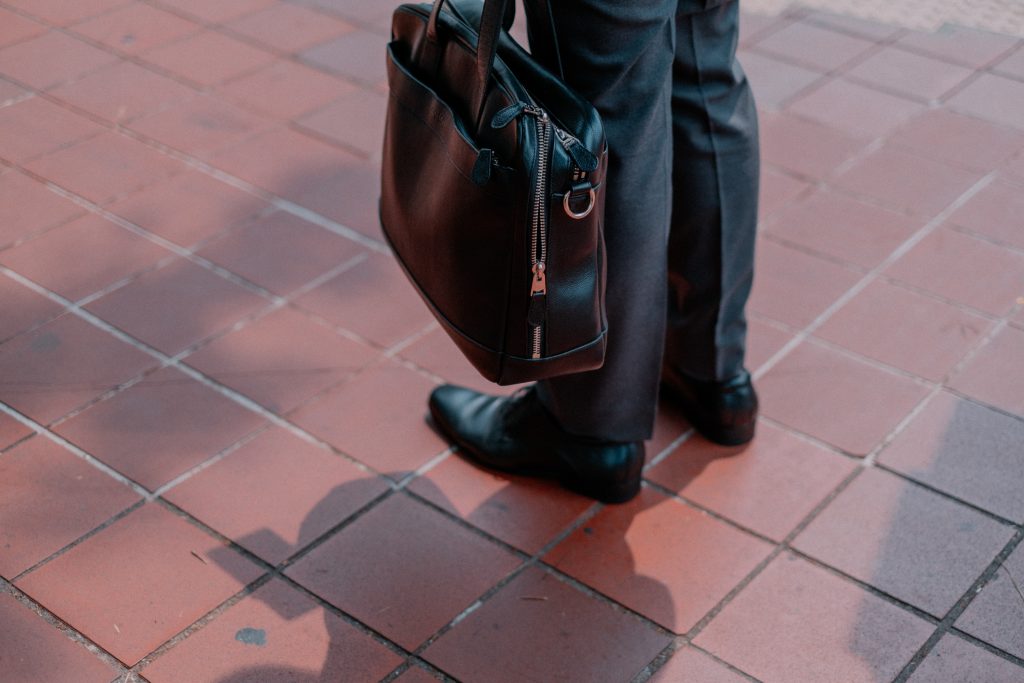Online echo chambers have taken a toxic turn of late, with the issue of jobs and foreigners becoming a lightning rod for controversy.
As Singapore’s economy is expected to shrink by 5 to 7% in 2020, some locals have become convinced that the system overwhelmingly favours foreigners at the expense of the ‘Singaporean core.’ Some of these concerns may be justified, but without greater transparency around the numbers, your guess is as good as mine.
The growing resentment against foreigners, however, is palpable. In the absence of hard data, CECA has become a dog whistle for xenophobia against India Indians. To borrow a Trump quote: “When India sends its people, they’re not sending their best. They’re sending people that have lots of problems, and they’re bringing those problems to us.”
Speaking as a foreigner who hangs around expat circles, this hostility is not reciprocated. Most of us understand that we’ve become convenient scapegoats for a deeper, structural issue in Singaporean society.
The problem, in my opinion, goes beyond local vs. foreign employment. It stems from an outdated (and often toxic) work culture that’s set at the top, one that values ‘hard work’ and ‘suffering’ over actual productivity.

Everything that’s Wrong With Singapore’s Workplace
By now, most of us have seen the viral Facebook post by an SME employer, Delane Lim, in which he tries to put 7 local job candidates on blast.

As Roger Sterling from Mad Men would say, “that was the deftest self-immolation I’ve ever seen.”
Whether or not you think the candidates were acting ‘entitled,’ the fact remains that he displayed a level of self-righteousness that’s unbecoming of a leader. The fact that he thought it was a good idea to air out his candidates’ dirty laundry to score internet points speaks to a lack of self-awareness and judgment.
But on a deeper level, the employer’s attitude reflects a mentality that’s prevalent among many mid- to senior-level managers in Singapore today.
In this world view, young talents are simply ‘not hungry for a job’, ‘not willing to be humble’ and ‘not willing to suffer,’ as if hunger, humility and suffering are prerequisites to succeeding in a functional workplace.
This may have been true for previous generations, but in a digital economy where older workers are increasingly being left behind, it’s simply not productive to deal in romantic fantasies of the past, where starvation, struggle and poverty are seen as rites of passage instead of necessary evils.
Judging from the divided response to the FB post, this boomer mentality still garners support among many Singaporeans. Zoomer/Millennials may be encouraged to innovate and take risks, but the fetish of the ‘Asian / Singaporean work ethic’ persists, one where ‘working smart’ and ‘working hard’ are seen as polar opposites.
To Work Is To Suffer
By most accounts, Singapore’s workplace culture is largely based on performance.
By this I mean, Singaporeans have been trained to put on performances of hard work, suffering, and humility in front of their bosses. They’ve been taught at an early age—by older generations and the education system—that optics matter. That they should follow the rules, make personal sacrifices, and most importantly, never stray from the safe and established path.
As a result, ‘hard work,’ measured by the number of work hours clocked, is valued over efficiency and productivity. It creates a culture of compliance, ass-covering and personal fiefdoms with narrow scope of responsibilities. It stifles creative thinking and personal initiative.

When I was considering a move to Singapore late last year, I was warned by several expats working in the ICT sector to avoid companies with a ‘Singaporean work culture’. Some of these companies aren’t locally grown, but APAC offices of MNCs. Their workplace culture is set by the leadership and mid-level management. In other words, ‘the Singaporean core’.
Many of these expats had horror stories about their attempts to push through change at local companies. A friend of mine, who is a talented software engineer, moved to Singapore a few years ago from the United States. She joined an ‘innovative’ Singaporean tech firm that used all the right buzzwords (i.e. digital transformation, cloud native architecture, machine learning) and she was brought on to accelerate the company’s migration from on-premise data centres to cloud native platforms—something that would be integral to the company’s long term survival.
On the ground, however, she was met with resistance at every turn, from her colleagues as well as management. Company processes were still stuck in the past, offering solutions to problems that no longer existed. When she took the initiative and voiced constructive feedback, it was interpreted as reckless and arrogant. Logical lapses were chalked up to ‘traditional Asian culture’, something that an ang moh like her could never understand.
All of these were merely excuses. The truth was that some teams felt threatened by the proposed changes. Most people’s idea of ‘doing their jobs’ was to protect their own turf from fancy ‘Western ideas’ that ‘could never work in Singapore’, despite these ideas never being seriously considered. Within six months, she left the company and took another offer.
This is just one of many examples of a culture that pushes out talent and retains people who keep their heads down.
In the long run, it’s detrimental to Singapore’s future.
Culture is Set at the Top
At the end of the day, obsessing over local vs. foreign employment ratios isn’t going to get us anywhere. At best, it’s a temporary band-aid to a structural problem: that outdated ideas and practices have become institutionalised within the Singaporean economy—and across society at large. The Delane Lim Facebook post is only the tip of the iceberg.
In many ways, Singapore is still trotting out the same old solutions to a brand new problem while playing lip service to creativity and innovation—as if they can speak it into existence.
But there is no risk-free formula. Innovation is fostered by a climate of open feedback, experimentation and personal accountability. In order for this to happen, that culture has to be set at the top.
Singaporeans should be past the point of believing that hard work and suffering (aka resilience) can solve all of their problems. In a world of increased automation, how you work and what you work on matters just as much—if not more.
To chart a new path forward, Singapore needs to shed the old ways of thinking and start redefining what it means to be productive.
Feeling stifled at your workplace? Tell us all about it at community@ricemedia.co.
If you haven’t already, follow RICE on Instagram, Spotify, Facebook, and Telegram.






